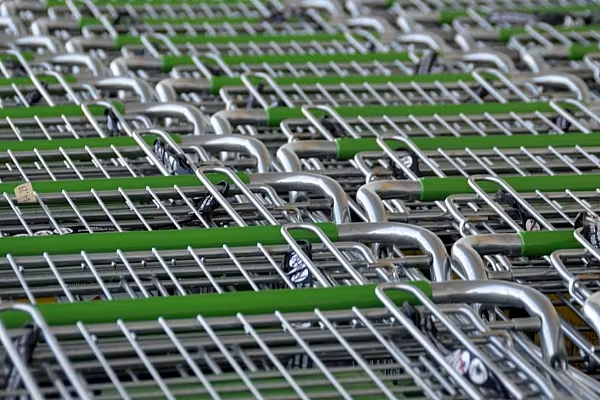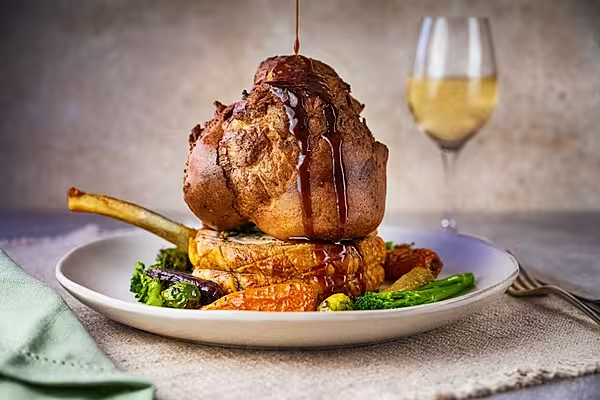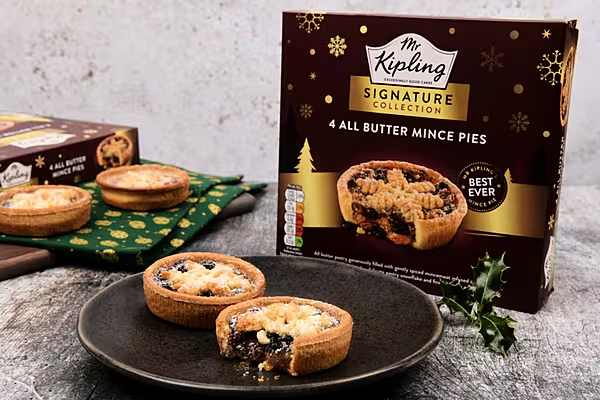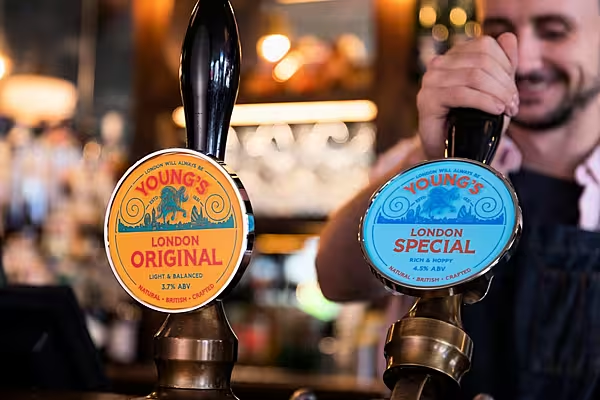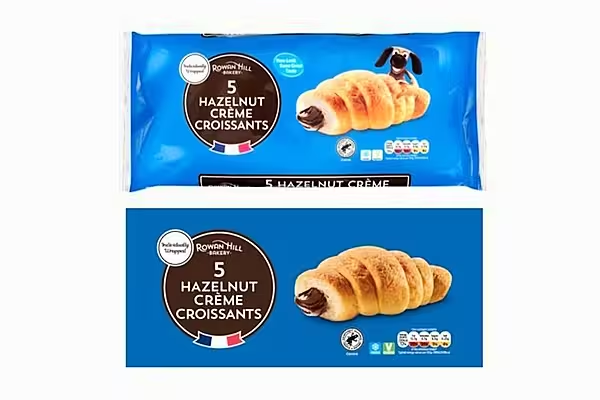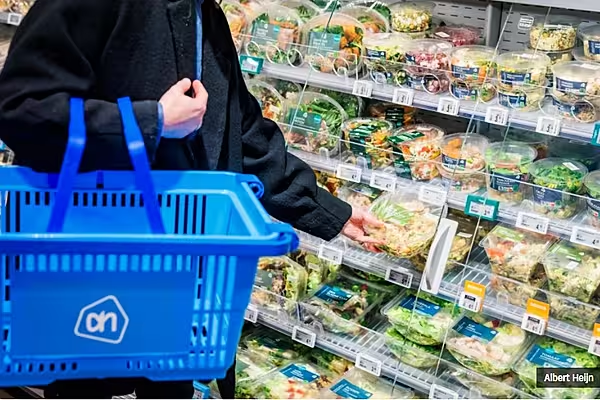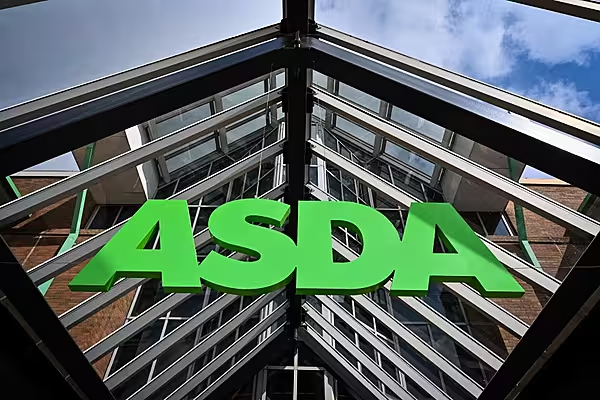The latest Kantar grocery market share data for the UK has shown that all major grocers are continuing to show strong sales growth, even as lockdown measures ease.
According to the 12-week data to 14 June, the overall grocery market saw sales rise by 13.7%, with multiples up 12.8%.
Of the major grocers, The Co-operative showed the strongest sales growth, of 34.5%, benefiting from its largely neighbourhood footprint, while online operator Ocado also saw sales surge, by 42.2%.
Symbols and independents saw sales rise 69.3%, albeit off a low base, again boosted by consumers shopping more locally.
"Sales growth over the four weeks to 14 June accelerated to 18.9%, up from 17.2% previously, with shopping patterns still disrupted compared with more normal times," commented Fraser McKevitt, head of retail and consumer insight at Kantar.
"The boost has been led by online sales, which have continued to accelerate, and convenience stores, which took £1.6 billion through their tills during this period. Despite the jump, grocers are still navigating a steep drop in the amount of food and drink bought on the go, which was down by a third in early June."
Big Four
All bar one of the Big Four saw sales rise by double digits in the period, with market leader Tesco (26.9% market share) seeing a 12.1% rise.
Sainsbury's (14.9% market share), saw sales rise 10.2% in the 12-week period, while close rival Asda (13.9% market share) saw sales up 6.3% and Morrisons (10.1% market share) saw sales rise 10.5%.
Of the two main discounters, Lidl outperformed Aldi, with the retailers posting a 14.3% and 8.0% increase in sales respectively.
Frozen foods retailer Iceland, which celebrates its 50th birthday this year, now sits on its highest-ever market share, of 2.5%, after a 31.4% increase in sales in the 12-week period.
Shopper Concerns
Commenting on the figures, Kantar noted that safety remains a concern for shoppers, with just 54% saying that they felt safe when visiting a supermarket or a convenience store, and a large number of shoppers also concerned about their future economic situation.
"Heightened awareness of public health saw shoppers choosing pre-packed products, with retailers putting some lines in packaging and closing many fresh food counters," said McKevitt.
"Consumers are also contemplating their domestic budgets. Two-thirds of shoppers are very concerned about the economic outlook for the rest of 2020, and efforts to tighten purse strings can already be seen in a preference among furloughed workers for budget own label lines and a move away from more premium products.”
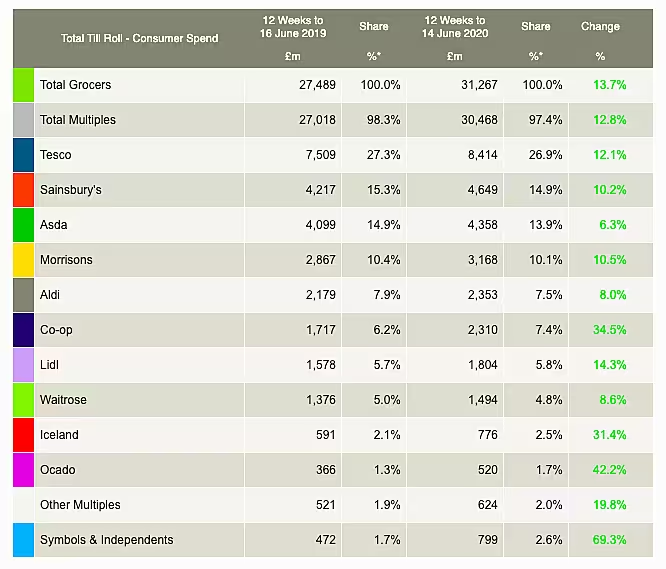
© 2020 European Supermarket Magazine – your source for the latest retail news. Article by Stephen Wynne-Jones. Click subscribe to sign up to ESM: The European Supermarket Magazine.
